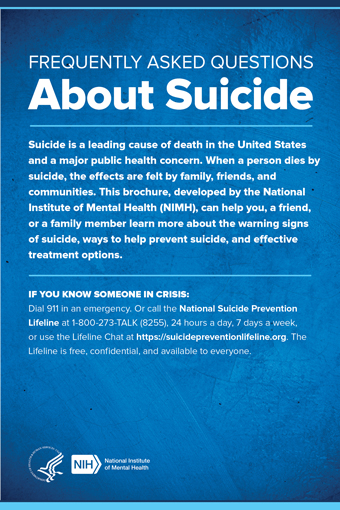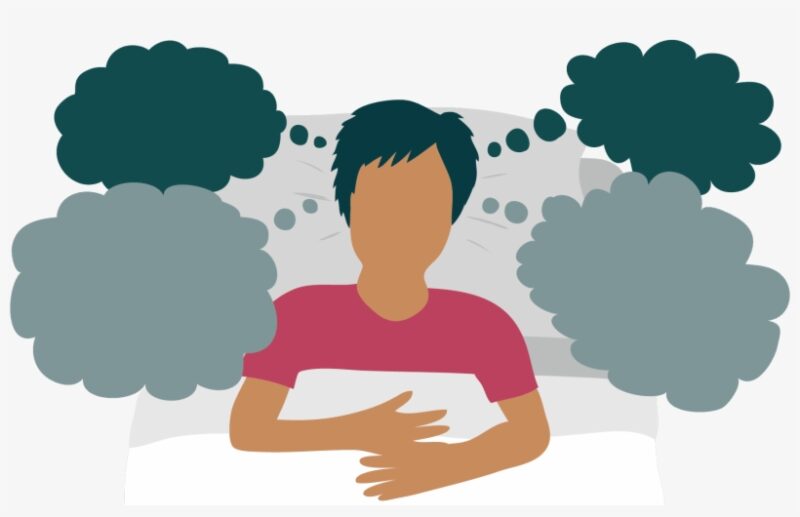
The Teen Brain: 7 Things to Know [downloadable]
Did you know that big and important changes are happening in the brain during adolescence? Here are 7 things to know about the teen brain. Read more >>
Request an Appointment
English: 650.688.3625
Medi-Cal: 650.688.3650

The Teen Brain: 7 Things to Know [downloadable]
Did you know that big and important changes are happening in the brain during adolescence? Here are 7 things to know about the teen brain. Read more >>

Shaping the Conversation Around Eating Disorders
Data shows that calls to the helpline for the National Eating Disorders Association (NEDA) increased 40% in the first year of the pandemic. Sometimes symptoms might fly under the radar or be dismissed as ‘just a phase,’ but the shame, Read more >>

Survey data from Autism Parenting Magazine reveals almost 6% of children with autism spectrum disorder (ASD) have some form of gender dysphoria. Read more >>

CHC Recommends — Books About Eating Disorders
Before board-certified Psychiatric Mental Health Nurse Practitioner Alexa Wilmarth came to CHC, she worked at a residential eating disorder treatment center for children and adolescents. Alexa recommends the following books for those who are seeking information and support for disordered Read more >>

Assessment 101: An Inside Look at Evaluations
We receive lots of questions from parents about evaluations: Does my child need one? Or should we just start treatment? An evaluation by a psychologist or a multidisciplinary team can be a valuable tool in understanding your child’s strengths and Read more >>

5 Ways to Cope With the Stressful News Cycle
Even after weeks of bracing for an attack amid speculation, global tensions and diplomatic attempts to stave off invasion in the Ukraine — the reality of conflict is always a shock to the system. Perhaps among the first batch on Read more >>

The Chronic Stress Survival Guide: How to Live With the Anxiety and Grief You Can’t Escape
At a time when all life’s challenges have been amplified by the pandemic – and awareness of burnout, at home and at work, has never been higher – stress might seem to be our baseline condition. For most of us, Read more >>

Frequently Asked Questions About Suicide [downloadable]
Suicide is a leading cause of death in the United States and a major public health concern. When a person dies by suicide, the effects are felt by family, friends, and communities. This brochure, developed by the National Institute of Read more >>

Why More Schools Are Adding Mental Health Breaks to the Calendar
This past fall, students and staff at close to 200 public schools in Wake County, N.C., which includes Raleigh, received an unexpected break. Schools were closed on November 12 for a day of reflection and preparation.” That same day, schools Read more >>

In this short video from Understood, Dr. Stephanie Sarkis explains the ways anxiety can surface in children with learning and thinking differences and offers suggestions that could help you and your child better manage it. Read more >>
English: 650.326.5530 | Español: 650.688.3650 | Fax: 650.688.3669
English: 650.326.5530
Español: 650.688.3650
Fax: 650.688.3669
English: 650.668.3625 | Español: 650.688.3650 | careteam@testing.chconline.org
English: 650.668.3625
Español: 650.688.3650
careteam@testing.chconline.org
© 2024 Children’s Health Council. All rights reserved.
CHC Palo Alto: 650 Clark Way, Palo Alto, CA 94304 | 650.326.5530
CHC South Bay: 2280 Kenwood Avenue, San Jose, CA 95128 | 408.831.7512
CHC Ravenswood: 1765 E Bayshore Rd, East Palo Alto, CA 94303 | 650.702.2487
CHC Palo Alto:
650 Clark Way, Palo Alto, CA 94304
650.326.5530
CHC South Bay:
2280 Kenwood Avenue, San Jose, CA 95128
408.831.7512
CHC Ravenswood:
1765 E Bayshore Rd, East Palo Alto, CA 94303
650.702.2487